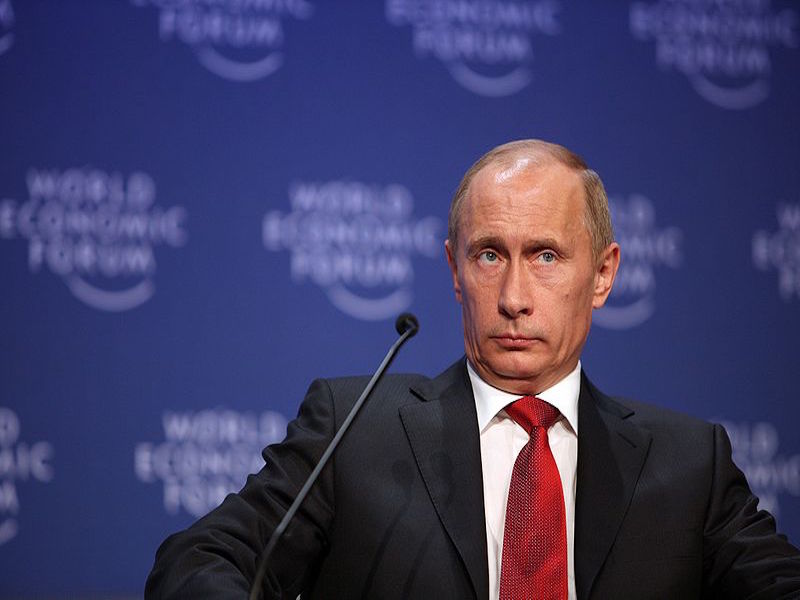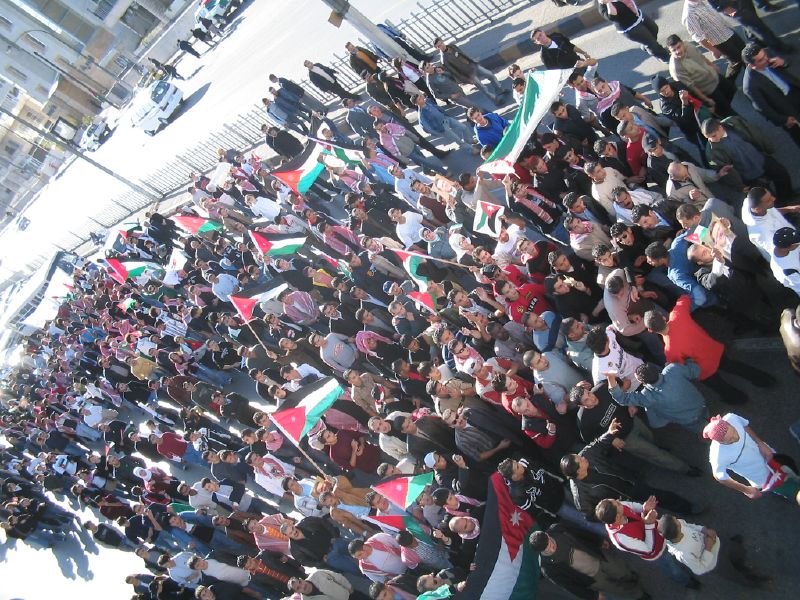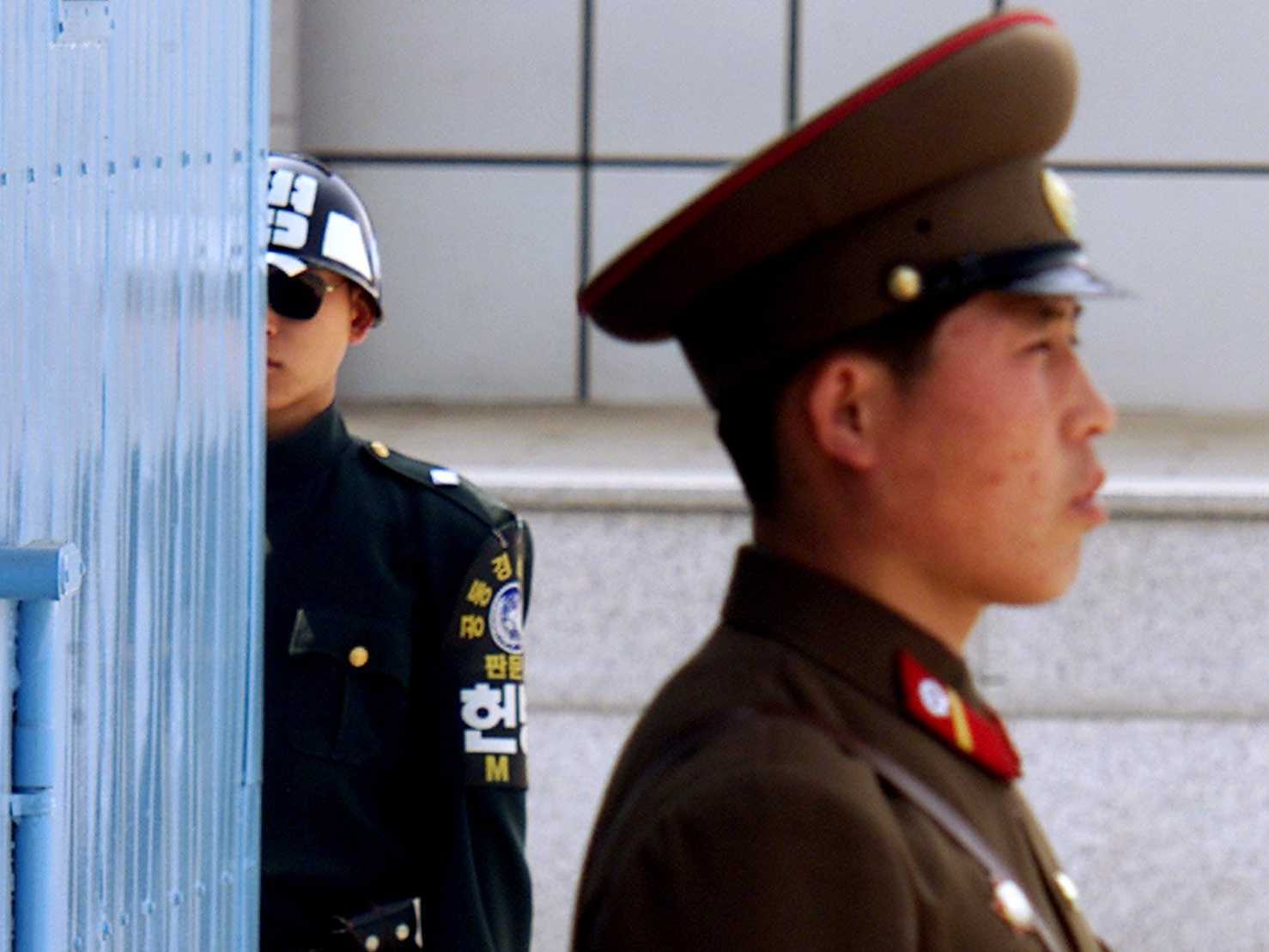Amidst the economic decline and frequent military engagements, Vladimir Putin’s savoir faire and political adeptness have carried him through situations where most other politicians would have faltered, all the while painting a portrait of an indomitable leader. With help from the Kremlin’s team of spin doctors and state-affiliated media, Putin has successfully managed to make the best of the worst, finding common causes for which to rally the Russian public behind his foreign policy measures. Whether it be the economic and military encroachment of NATO and the West into Russia’s traditional sphere of influence or the threat of international terrorism, the resurgence of Russian foreign policy has helped restore a sense of national pride which had been in short supply prior to the past few years. This has culminated in an 82% approval rating according to the independent polling organization, the Levada Centre, down from a high of nearly 90% in 2015 following the annexation of Crimea.
The Putin government has thus far withstood a recession caused in part by lagging global commodities demand and Western sanctions, resulting in a 3.7% contraction in GDP for 2015 and a further 1-1.5% contraction expected for the upcoming year. This is on top of average household income declining for the second year in a row, high inflation, a weakened ruble, rising unemployment, and a decline in foreign investment which have done little to Putin’s popularity. Though the state budget for 2016 is 8% lower compared to the previous year, Russia nonetheless looks to continue to go through with its roughly 20 trillion ruble proposal to modernize 70% of its weapons systems between 2011 and 2020, with military might being a key component of Putin’s policy strategy. Even with declining living standards, the weakened state of the economy has provided the Kremlin with ample rhetoric, focusing Russia’s economic struggles on Western sanctions imposed on Russian goods and institutions. In his efforts to save face, Putin has also resorted to shifting some of the blame for Russia’s economic woes on the incompetence of Prime Minister Dmitri Medvedev and his cabinet.
Economic vulnerabilities have been overshadowed by Russian military engagements in Crimea and Syria, turning the public’s attention to national security matters. Putin has used NATO’s increasing prevalence in the Baltic member states and other areas of Eastern Europe to justify his actions in Crimea as a means of protecting national interests in the face of alienation from the West. Since the Euromaidan uprisings calling for Ukrainian integration into the EU, and NATO’s continued integration of the Baltics in the form of increased military cooperation and exercises, the perceived notion of the West actively containing Russia became a focal point for the Kremlin’s policy making. Announcements made recently by the White House to quadruple the 2017 defense budget allocation to Europe to USD $ 3.4 billion and to dispatch troops and military equipment to the Baltics, Hungary and Romania will likely serve to reinforce Putin’s idea of Russia’s being contained.
In terms of Syria, Russian intervention was made on the grounds that Russia had to play its part in combatting the growing plague of global terrorism. Russia’s military action in Syria was short and sweet, displaying Russian forces to the world, reasserting Russian influence in the Middle East by backing allies in the Assad regime and instilled within the public a sense of national strength reminiscent of the Soviet era. With Putin’s timing the conclusion of Russian intervention when Russian and American diplomats managed to get the Assad regime and opposition forces to work out a shaky ceasefire, state media have reported victory at a minimum loss of life.
Interestingly enough, the release of the Panama Papers has done little to directly damage Putin’s reputation, despite several members of his inner circle being implicated in dealings with Panamanian law firm Mossack Fonseca. Although the Panama Papers have been largely untouched by Russian media, the absence of any immediate ties between Putin and Mossack Fonseca has provided cover from any political fallout. Not only does this support Putin’s long-standing claims that he does not secretly have a vast personal fortune, but the involvement of numerous former and current world leaders, including those in the West, goes to show the Russian public that corruption can be found anywhere. It also erodes the moral righteousness of the West and puts the actions of Russian leadership on more-equal footing.
Likewise, the absence of American names on the client lists of Mossack Fonseca have even led to claims of possible Russian involvement in the massive file leak as a means of sending the Americans a threatening message that could be read as a sort of blackmailing in terms of releasing further information. Whether these claims can be sufficiently backed is yet to be seen. However, what has been apparent is the uneasiness of Western governments in their apparent complicity in such activities by neglecting to properly enforce tax evasion laws where appropriate.
Despite the questionability of Putin’s policies for long-term stability and economic growth, the success he has had in achieving high approval ratings is evident in the numbers. Putin’s calculated approach to maintaining power has been a costly one and once the excitement over military successes in Crimea and Syria subsides, he will most likely have to create new strategies elsewhere to divert attention from domestic struggles. Also, Russia’s economic and political isolation has not gone completely unnoticed in the domestic realm as polls by the Levada Centre indicate an increasing divergence between Putin’s approval rating and whether they believe the country is headed in the right direction. This has dropped from 64% last June to roughly 45% as of March in terms of the number of Russians who believe in the future of their country.




